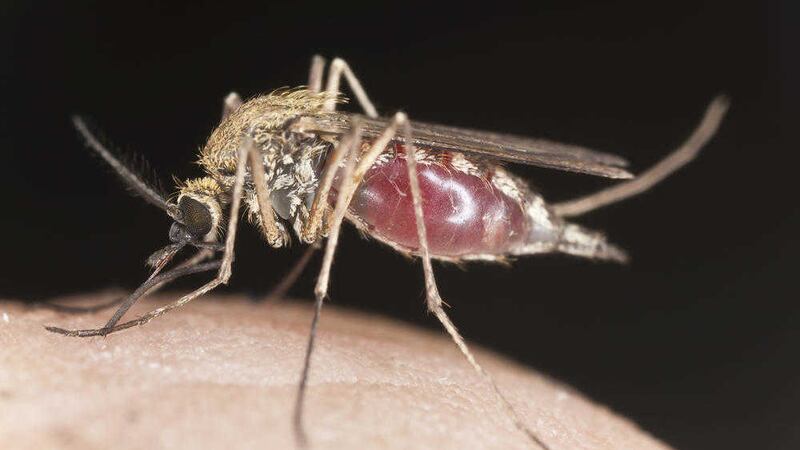MOSQUITOS can be the ruination of a foreign holiday, and of course carry the threat of many more dangerous and life-altering conditions, from malaria and encephalitis to the new and appalling threat that the Zika virus poses to pregnant women and unborn children.
Thankfully, though, for most of us what's worst about mozzies is simply the annoyance factor – though that will be little consolation when the itch is driving you crazy. Here are a few interesting mosquito facts which, while they might not offer itch relief, might at least satisfy your inner anorak.
Did you know, for example, that there are 3,000 different species, spread all around the world? Unbelievably – and tragically – between one million and two million people across the globe die every year from some mosquito-borne illness – most commonly malaria.
The most common chemical mosquito repellents contain Deet, which itself quite a suspect product whose side effects can include memory loss, headaches, skin irritations, nausea, vomiting and even more serious problems such as muscle weakness, shortness of breath, joint pain, tremors, seizures and increased blood pressure.
However, help is at hand from the natural health world. The two best remedies lie in vitamin supplements and the use of essential oils. Local lore recommends that you start taking vitamin B complex as early as possible in the mosquito season.
It is best to go for a high dose like a B100 and to add in a separate dose of vitamin B1, or thiamine – short-term use only is best. Worst case scenario, if the B complex doesn't repel the biters, it will at least keep you calm. It is thought that the vitamins change the smell of the skin which seems to stop the mosquito being turned on by your perfume and feeling he/she needs to have a little nibble.
Mosquitoes are attracted – and this is a horrible thought – to the roughly one trillion microbes that live on our skin. Think of that the next time you are kissing your other half or your children or, if you are that way inclined, the dog!
It is our own particular blend of microbes, only about 100 are common to us all – the rest are highly individual, and make some of us more attractive to mosquitoes and other biting creatures, such as our own sabre-toothed midges.
There are quite a few of the essential oils which work quite well to protect you; the most effective seem to be cinnamon leaf oil, widely available in health shops, or lemon eucalyptus oil, which I hadn't heard of before – it is available online.
In one Australian study this oil was found to be 95 per cent effective for up to three hours. Washing with citronella soap and using the oil is good too, but check if you can cope with the smell yourself, never mind the mozzies.
As with all things, it is an individual response to what will work but trial and error will provide your own answers.
I had forgotten how pesky midges were, since in the rarefied air of north Down they seem to not be too virulent, but I was home in Co Antrim a couple of weekends ago and my small nieces and nephews and I went for a hike down to the river. Big mistake: we lasted about 85 seconds, then beat a retreat to somewhere less dangerous.
Of course water is a big attractor of bugs, so get rid of dog bowls, ponds and other still water.
One interesting piece of research I read suggested that if you are lucky enough to live in a warmer country you could encourage bats to live in your garden by building a bat box – they will eat flying bugs.
My best advice, find someone the creatures find tastier and hang out with them.
r.armstrong@irishnews.com








